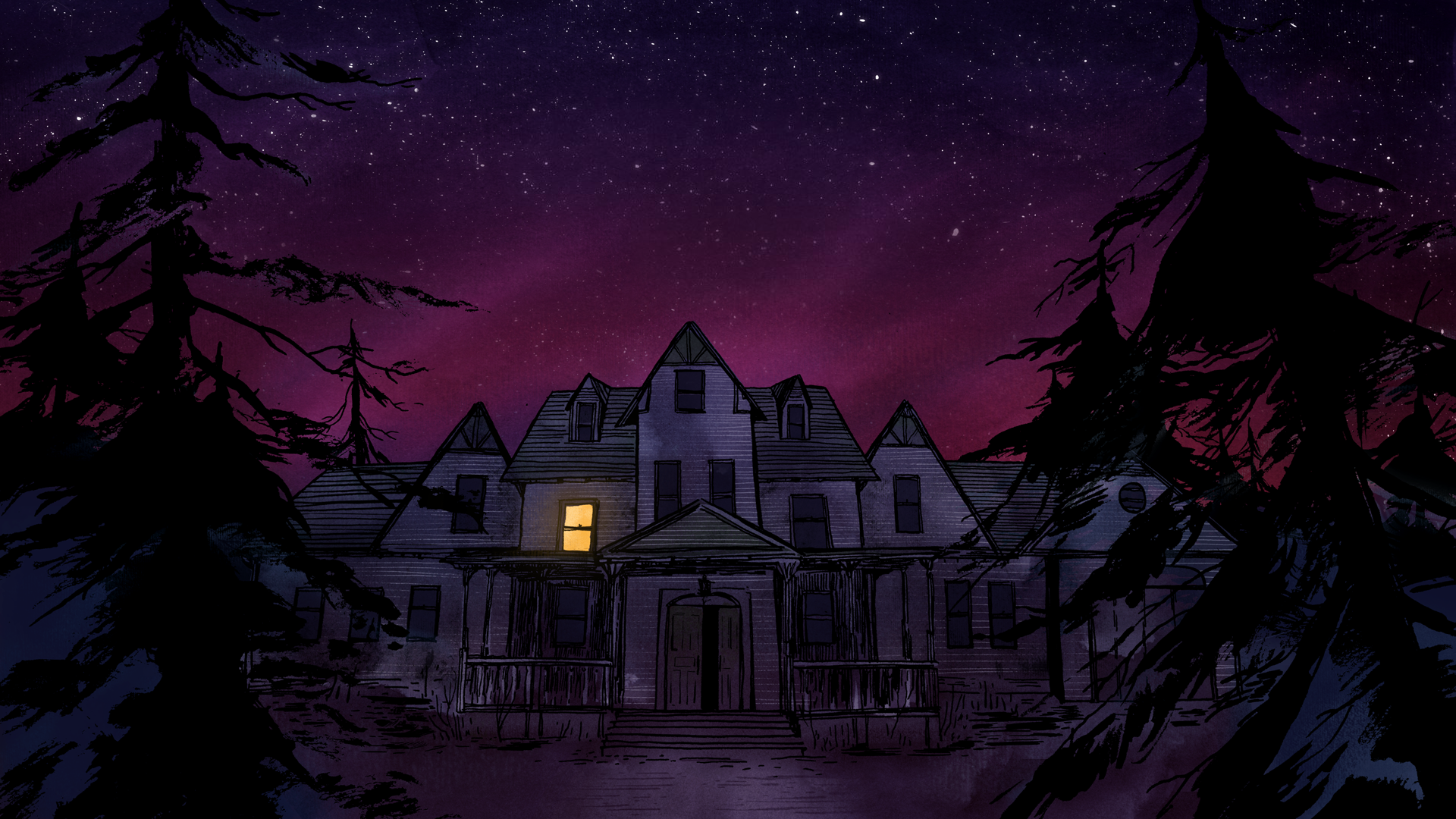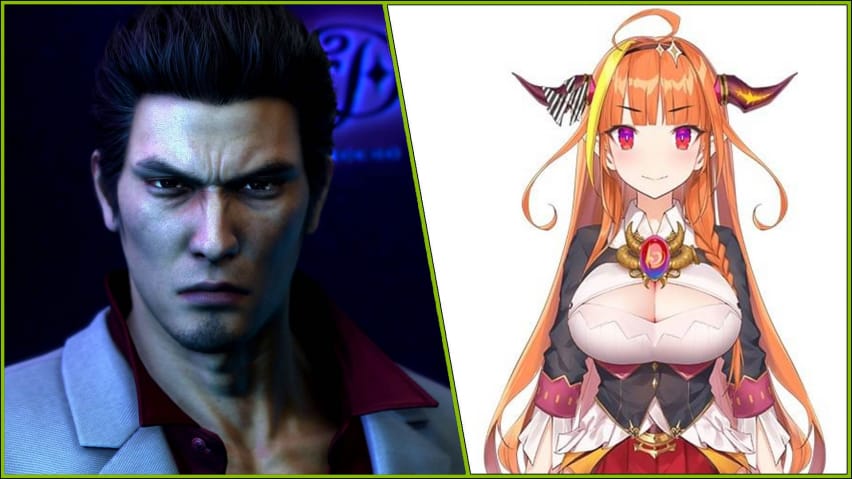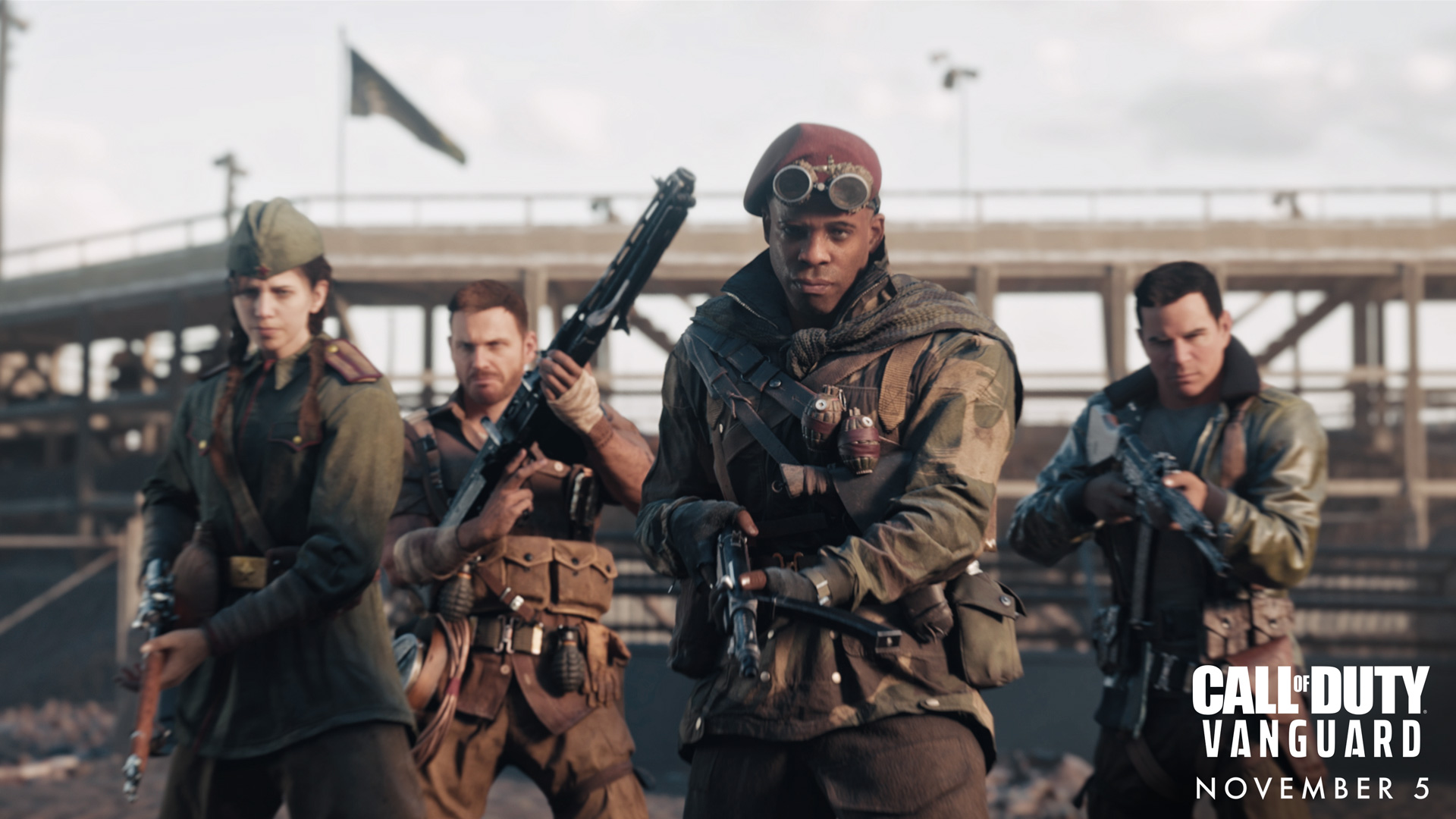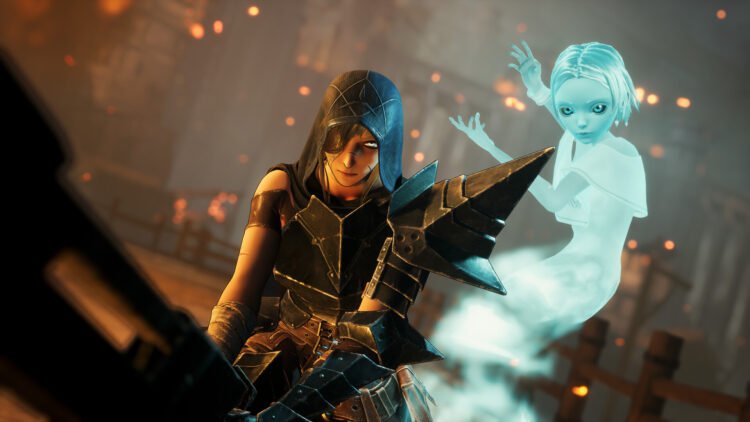
Gone Home is an immensely valuable story about the female experience. It’s a story about growing up as a woman and learning that the heteronormative society you’ve spent years being crafted by sometimes isn’t willing to accept those who dare to fight back against the status quo. It’s a story about sexuality, coming out of the closet, and running away from a family that seeks to demonise you. But it’s also a story helmed by Steve Gaynor, a cisgender heterosexual man and one of the co-founders of Fullbright Interactive.
It’s worth noting that the indie developer’s breakout hit was a product of diversity, coming from an inclusive team who wanted to tell a touching coming-of-age story in a medium that had rarely broached upon such topics before in such a profound way. It had a huge impact on me as a teenager, inspiring me to write similar tales in a way that resonated with other people like me. However, a recent report from Polygon highlights Gaynor as a toxic leader, one who has hired women for their creative talent while simultaneously undermining and micromanaging their work, seeking instead to tell the studio’s female-led stories from his own perspective. Even after the report’s publication, Gaynor remains with the company as a writer on Open Roads, a story about a mother and daughter, and will likely take credit for an adventure he should have nothing to do with.
Related: Avi Roque On The Owl House, Raine Whispers, And Non-Binary Representation
The stories of women in games shouldn’t be for men to tell, especially when they express feelings these men have no conceivable way to empathise with. This is an industry built upon the foundations of male privilege, a fact that has slowly been revealed as more and more publishers become embroiled in controversy as the systematic harassment, racism, and undermining of voices beyond those of rich white men emerge in reports and testimonies that seek to implement lasting change. We cannot evolve until we root out such toxicity, and admit we’re willing to burn it all down and start anew in service of progress.

Games themselves play a big part in this, and that much is clear when we look back at the long history of female characters. They’ve often been little more than objects of sexualisation for male players and creators who wish for these interactive experiences to be cheap power fantasies that help them grasp a semblance of authority they couldn’t dream of wielding in reality. The Last of Us, Horizon Zero Dawn, and the modern Tomb Raider trilogy have done an exemplary job of placing women in the spotlight, ensuring heroines are provided with the right amount of agency to stand alongside their male counterparts without being mocked or defined as something lesser. Yet these problems still persist. Look at Blizzard, where a panel of male developers were happy to publicly mock a fan who asked if female characters could wear something other than a loosely fitting bikini. How dare you go against the norm and ask for change, to make the mighty male overlords feel like they should ever be responsible for the actions and climate they’ve helped establish as acceptable. It’s disgusting. This was in 2010, but that isn’t that long ago in the grand scheme of things.
Even Naughty Dog had to fight for Ellie to be on the game’s cover, while Tomb Raider was critiqued for putting Lara Croft through comical acts of violence we’d never see from the likes of Nathan Drake – including the implied threat of sexual assault, which featured in the game’s reveal trailer. Women must be made to suffer in order to prove themselves, otherwise they’ll just be seen as troublesome, just making a fuss for the sake of things. If you try to stand up for yourself too much, you’re a bitch. These are all attitudes introduced by men, harmful stereotypes that games far too often lean into. Fumbles are still being made, and many of these are likely a result of boardrooms and leadership teams being male-dominated, or the writers in the room simply not accommodating enough perspectives to allow these characters to feel like a genuine product of our own experiences rather than laughably detached caricatures from the world we live in.

Female leads are still sometimes viewed with a feeling of trepidation, as if they won’t sell or the average player (read: straight white cis men) won’t see themselves in the character. That’s part of the problem, and only exists because we have perpetuated a culture where straight white cis men come first and everyone else comes second. Things are changing for the better, or at least I hope they are, but the stories emerging across some of the world’s biggest gaming companies have me worried this progress is just a smokescreen. It’s a step towards inclusivity spurred on by focus tests and conservative CEOs who want to seem like they’re representing everyone while cutting jobs, demonising women, and continuing to make the companies they helped create a worse place for everyone except those at the top. There’s no winning without sweeping change, and I’m still worried we’ll never get there. As we all know, straight white cis men often fail upwards.
Steve Gaynor and Fullbright are evidence that this culture isn’t limited to triple-A studios. The toxicity of auteurism is everywhere, and cis white male creators will sink their feet into the ground and establish their ideology as immovable as soon as the opportunity arises. Gaynor has said the company didn’t gel with his “leadership style”, but that has to be a seriously problematic way of running things if at least ten women are willing to not only leave the company as a result, but speak out against you in the hope of implementing change in a developer that has long been considered a pioneer for queer, inclusive stories. Gone Home and Tacoma are both fantastic games, and Open Roads has the potential to be just as groundbreaking – but now I’m aware of the male perspective from which its stories were birthed, I feel the need to take a step back and make it clear that women deserve to tell their own stories, especially concerning sexuality, gender, and how we exist in a society that wants to hold us down. It’s ironic – Gaynor helped introduce a culture of female silence while also aiming to tell stories that empower women.
You can’t have it both ways – it’s a hollow and hypocritical farce that turns everything you’re trying to say into a falsehood. It hurts to see this unfold, but it’s a necessary hurt, and one that is showing me how I can better champion stories that represent people like myself and so many others. Women’s stories told from the perspective of men either paint us as objects of sexualisation or miss the nuance associated with the female experience, and each of these problems need to be tackled if creators wish to deliver lasting pieces of art that we remember for the right reasons. I don’t want to see another Quiet or Fragile from Hideo Kojima, or another sign of faux-progression from Fullbright – even more so now we’re aware of the culture the studio has adopted under the leadership of Gaynor. Things will get better, but this industry needs to face a lot of harsh truths if we’re ever going to move forward. Please, just give women the money to make games.
Next: Why Is Everything In Halo Infinite's Battle Pass So Boring?



